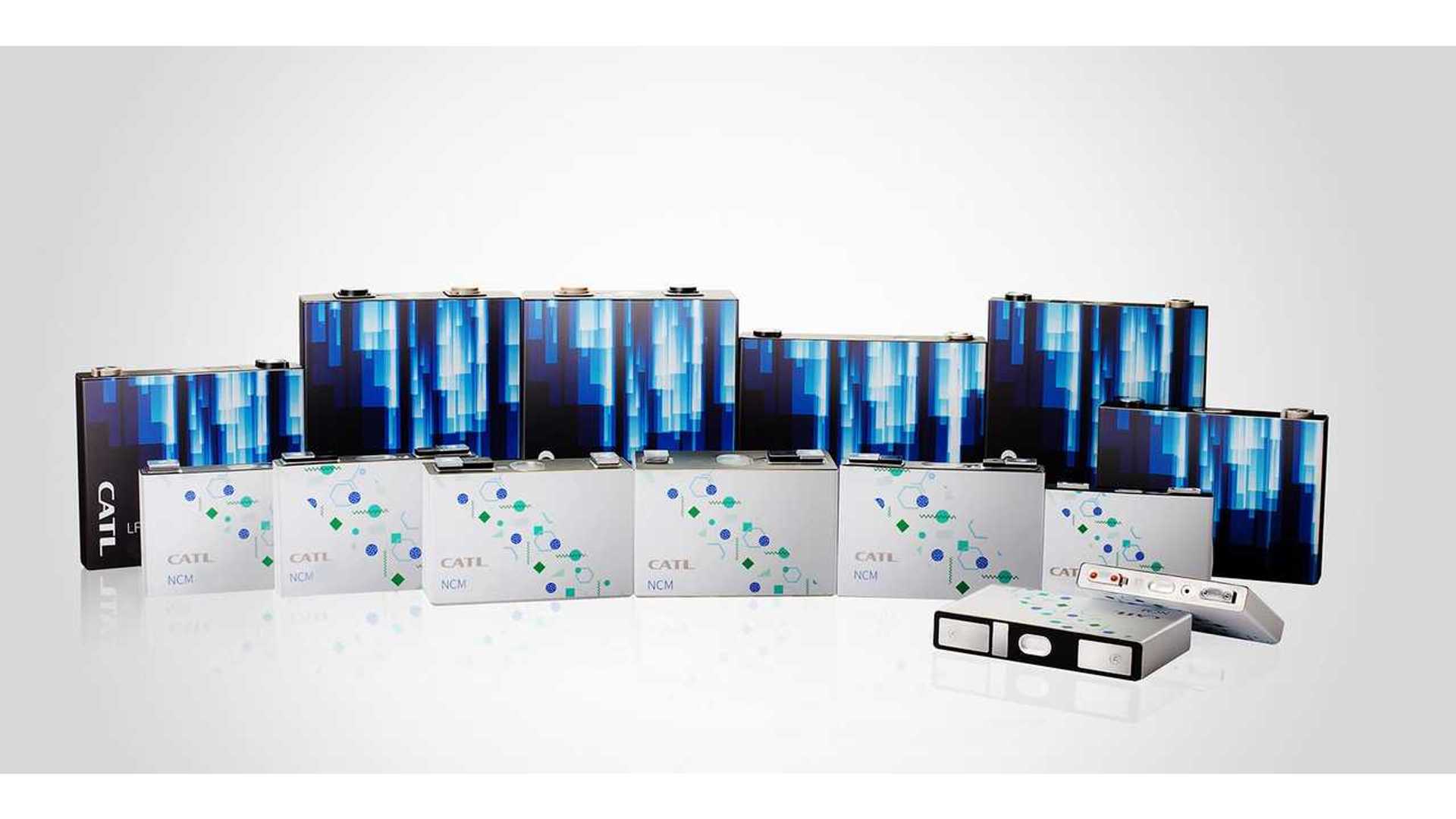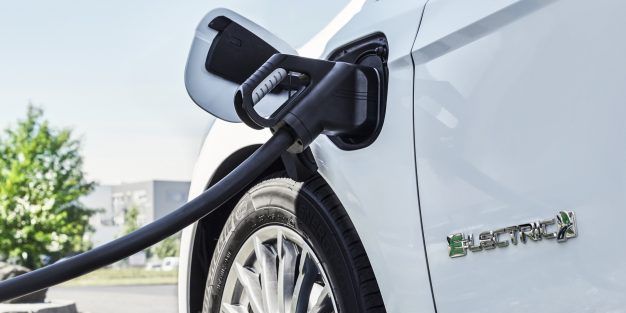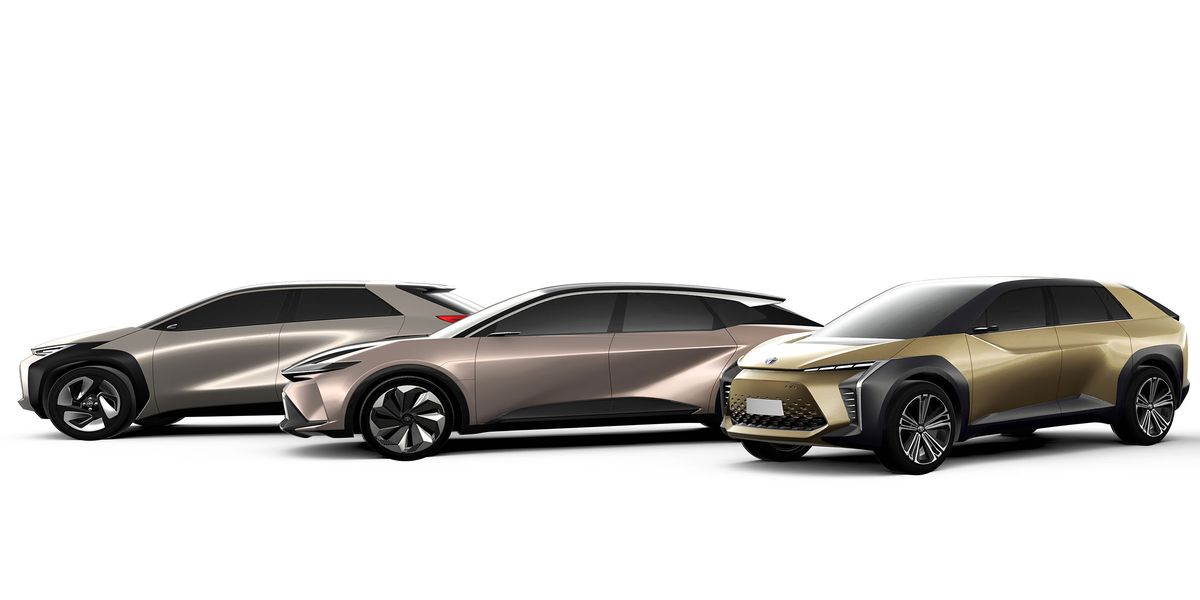July 25, 2020
Solid-state batteries on track at Toyota
HANS GREIMEL -
Automotive News
NAGOYA, Japan — If all had gone according to plan, Tokyo would be hosting the Summer Olympics right now, and Toyota Motor Corp., one of the games' top sponsors, would be on center stage there, showcasing the holy grail of next-generation electrified mobility: solid-state batteries.
The COVID-19 pandemic may have derailed the 2020 Games, but not Toyota's engineers. The company's battery gurus have succeeded in producing a working prototype of the new battery technology on schedule, and have mounted them in running concept vehicles.
Keiji Kaita, executive vice president of Toyota Motor Corp.'s powertrain company and field general manager of its battery business, said it is too soon to say when the prototypes will make an official public debut, with the Tokyo Olympics postponed to 2021. Kaita talked with
Automotive News here about the new promise of the solid- state battery technology and the obstacles that hinder commercialization.
Proponents believe solid-state batteries are an important step toward an electrified future. The power packs are less vulnerable to extreme temperatures and promise two to three times the energy density of existing lithium ion batteries.
Solid-state batteries replace a liquid electrolyte with a solid and are expected to be lighter, longer-lasting, safer and eventually cheaper than today's batteries. The solid-state prototypes recharge much faster than today's lithium ion batteries, Kaita said.
But Toyota's prototypes still face challenges. For one, because of safety and durability issues, engineers have yet to harness the batteries' true potential for higher energy densities
."To counter limitations, we're looking at how we might adjust the anode or other materials. We are trying to reduce disadvantages that are found," Kaita said.
The prototype cells are hard, plate-like sheets about the size and thickness of a thin spiral notebook. They are sealed in pouches to keep out moisture, then arrayed in modules.
Charging the prototype battery from zero to full takes less than 15 minutes — significantly less than the time required for an equivalent lithium ion battery, Kaita said. "That is another advantage in addition to the potential of high-energy density."
Toyota is focused on using a sulfur- based electrolyte because it seems to facilitate more efficient transfer of lithium ions between the electrodes. But a remaining challenge is developing an electrolyte that can be densely compacted while remaining flexible, Kaita said.
The solid electrolyte needs to be compacted under high pressure to reduce the gaps between particles so ions and electrons can easily pass through. But it also needs to be flexible, because the anode expands and contracts during discharge, and the electrolyte must give a little leeway.
The hitch is, the more expansion and contraction there is, the more the electrolyte particles become deformed. And this deformation inhibits the flow of ions and electrons and degrades battery performance over time. The key is developing a material that won't deform easily. A breakthrough might come from new materials or new designs, Kaita said.
Manufacturing the cells poses its own challenge, particularly because cells must be produced in an ultra- dry, nonaqueous environment.
Today, the cells are made in compact transparent booths called gloveboxes. Workers reach into the boxes through rubber gloves sealed around access openings. The process is slow, awkward and ill-suited to mass production, Kaita said.
Toyota is developing the solid-state batteries through Prime Planet Energy & Solutions Inc., a joint venture with Panasonic that started operations in April and has about 5,100 employees, including 2,400 at a Chinese subsidiary. One of the joint venture's missions is to manufacture and sell automotive solid-state batteries. Toyota is still on track for limited production by 2025, Kaita said.
But those batteries initially will cost more than lithium ion batteries given the lack of scale. He speculated that volume will remain very low in the early years. The cost needs to drop far below $100 per kilowatt- hour to compete with internal-combustion drivetrains, he said.
Complicating Toyota's push is its goal of developing batteries that keep more than 90 percent of their original performance in the long run — perhaps 30 years.
"That can be accomplished by adjusting the performance of the battery, but also through the control system or the cooling system," Kaita said.
"Alternatively, it could be based on how we use the battery or how we charge the battery. A holistic perspective is very important."
https://www.autonews.com/automakers...-toyota?utm_source=dlvr.it&utm_medium=twitter



